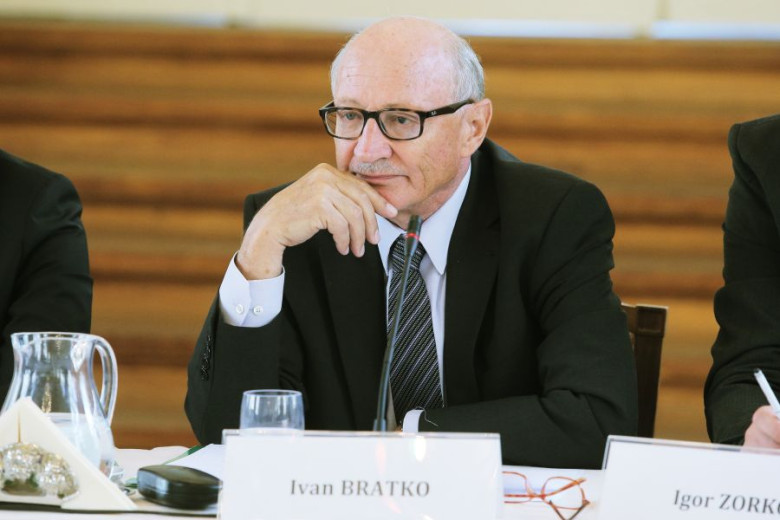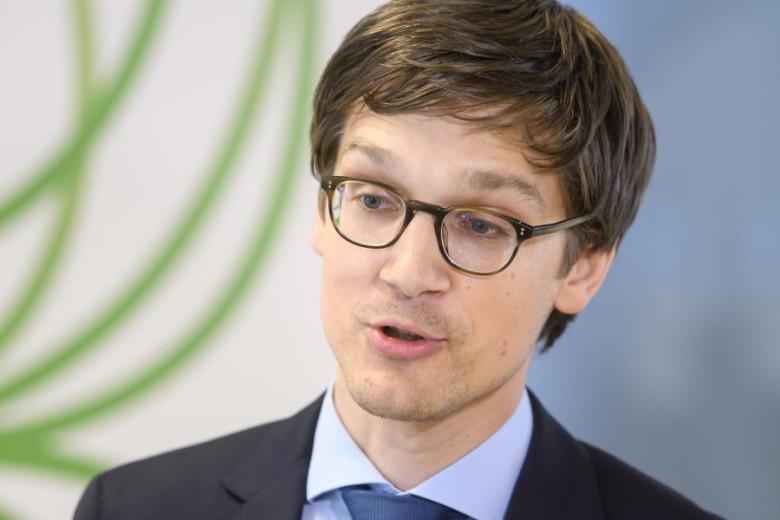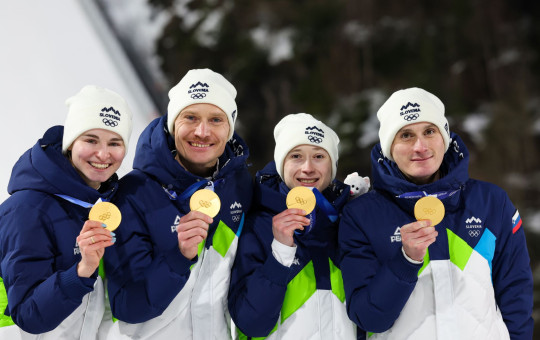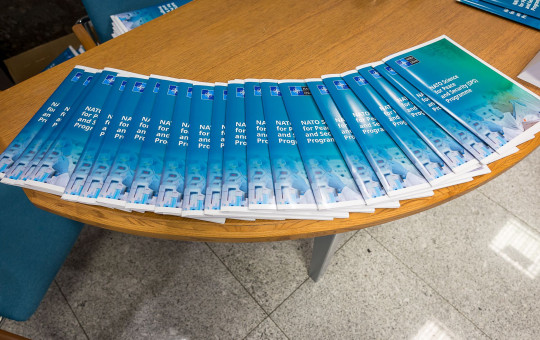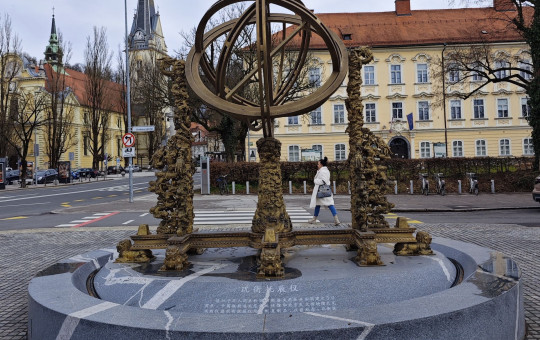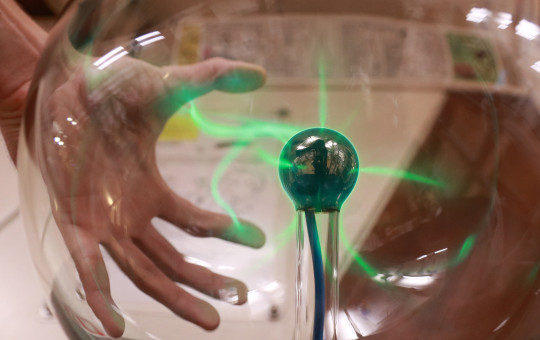Date: 10. November 2025
Time to read: 3 min
Science has taken us further than we could have ever imagined. It extends our lives, enables communication across continents, and uncovers the most remote corners of the universe. If we just look around us, we can quickly see how closely science is connected to our daily lives. When we check the weather forecast on our smartphone, take medication, use the internet or satnav, we rely on the work of researchers who improve our world through curiosity and perseverance.
10 November 2025 is a very special day, as Slovenia will celebrate Science Day for the first time – now also recognised as a national holiday. This date coincides with World Science Day for Peace & Development established by UNESCO and the anniversary of the death of Žiga Zois, Slovenian enlightener, economist, mineralogist, as well as patron and supporter of Slovenian science and art.
Science Day is an opportunity to increase the visibility of science, strengthen knowledge as one of the fundamental values of Slovenian society, and celebrate the achievements of researchers.
The pioneers who paved the way
Slovenian researchers achieve important and high-profile results that significantly contribute to the promotion of Slovenia in the world. Their achievements have long transcended the borders of their homeland and the time in which they live.
One of the pioneers who paved the way for Slovenian scientific excellence is Jožef Stefan (1835–1893), a physicist after whom the largest Slovenian research institute is named. His law of blackbody radiation is one of the fundamental laws of modern physics. Scientists use it to determine the temperatures of stars and planets. Stefan's law is the only physical law named after a Slovenian scientist.
Friderik Pregl (1869–1930), a physician and chemist of Slovenian origin, received the Nobel Prize in Chemistry in 1923 for the development of a micromethod for the analysis of organic substances, and is the only Slovenian scientist to receive this award independently. His method enabled rapid progress in organic chemistry, as it required fifty times less research material and less time for analysis.
A few years later, Herman Potočnik Noordung (1892–1929), a Slovenian rocket engineer and aeronautics and astronautics pioneer, presented a plan for human habitation in space, the concept of a space station, and the conditions of life in weightlessness in his book entitle The Problem of Space Travel. His vision paved the way for space exploration.
-
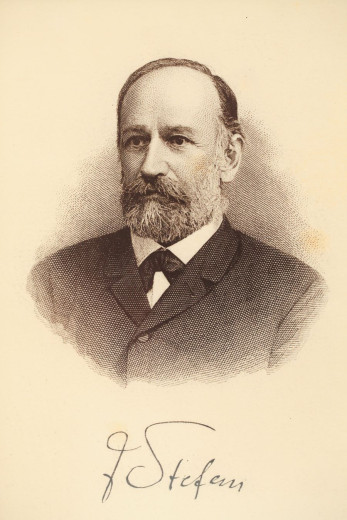 The Jožef Stefan Institute is Slovenia’s leading research institution, focusing on natural sciences, life sciences, and advanced technology. Photo: Archive of the Jožef Stefan Institute
The Jožef Stefan Institute is Slovenia’s leading research institution, focusing on natural sciences, life sciences, and advanced technology. Photo: Archive of the Jožef Stefan Institute
-
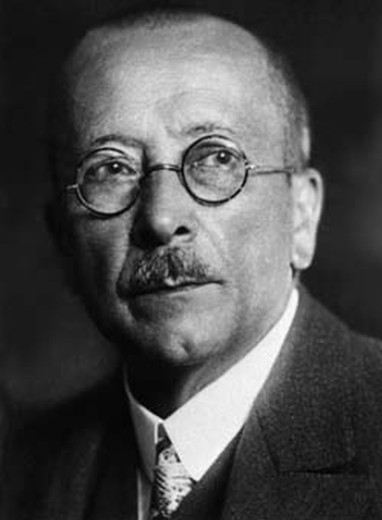 The method developed by Friderik Pregl quickly became an indispensable tool in laboratories around the world. Photo: Wikipedia
The method developed by Friderik Pregl quickly became an indispensable tool in laboratories around the world. Photo: Wikipedia
-
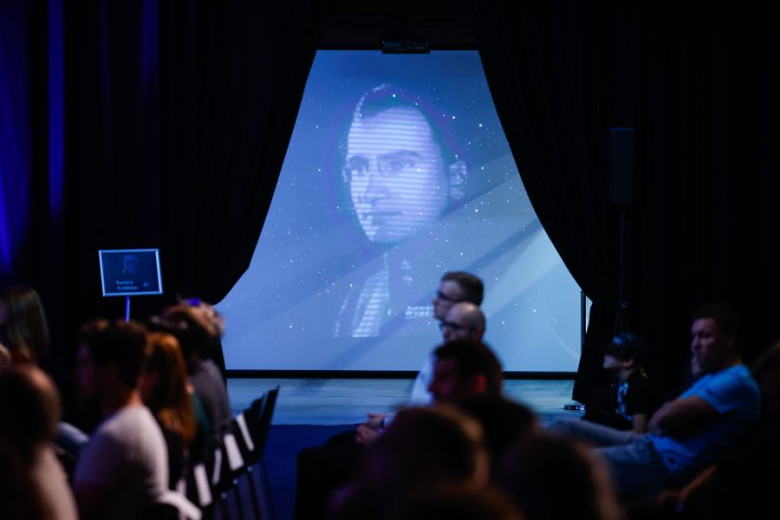 The Center of Space Technologies in Vitanje, named after Herman Potočnik Noordung, is a place where science and art intertwine, inviting visitors to explore the visionary legacy of the spaceflight pioneer. Photo: Anže Malovrh/STA
The Center of Space Technologies in Vitanje, named after Herman Potočnik Noordung, is a place where science and art intertwine, inviting visitors to explore the visionary legacy of the spaceflight pioneer. Photo: Anže Malovrh/STA
Slovenian researchers rank among the best in the world
Today, Slovenian researchers continue to be part of the largest and most important international projects that seek answers to the challenges of modernity: from climate change and new energy sources to space exploration, medicine, and artificial intelligence.
Slovenia became a full member of CERN (the European Organization for Nuclear Research) this year, and Slovenian scientists have been working there for decades.
They also participated in one of the greatest scientific breakthroughs, the discovery of the Higgs boson. Slovenian experts are also involved in the project to build the world's largest fusion reactor, ITER, which will provide a new, sustainable source of energy.
-
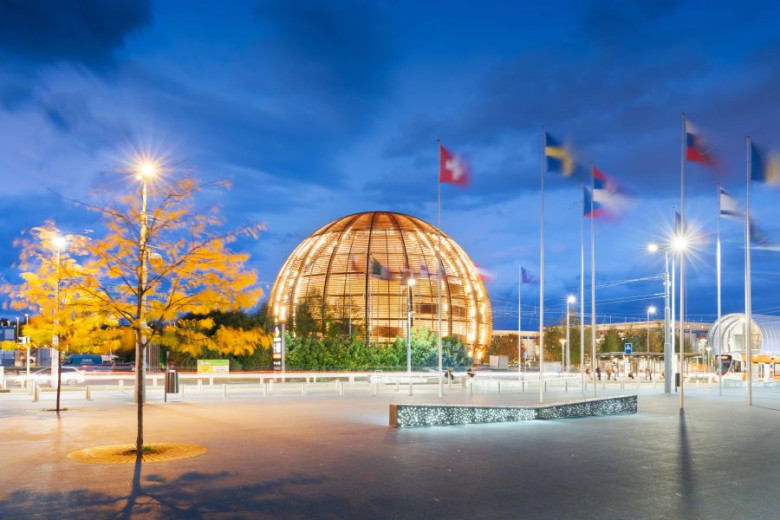 In CERN researchers study particle physics, including the fundamental components of matter, using large particle accelerators like the Large Hadron Collider. Photo: Depositphotos
In CERN researchers study particle physics, including the fundamental components of matter, using large particle accelerators like the Large Hadron Collider. Photo: Depositphotos
-
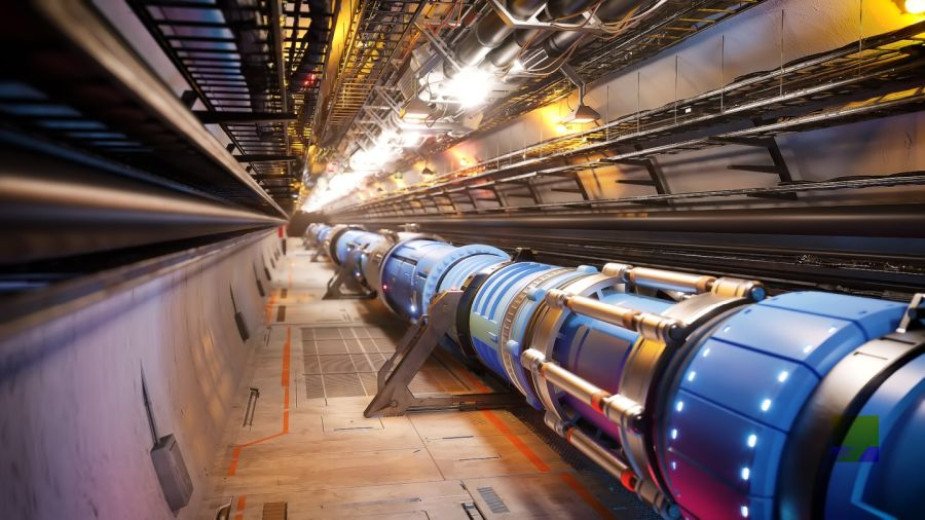 The Large Hadron Collider is the world’s largest and most powerful particle accelerator, used to smash protons and other particles together at near-light speeds to study fundamental physics, including the origins of matter and the universe. Photo: CERN
The Large Hadron Collider is the world’s largest and most powerful particle accelerator, used to smash protons and other particles together at near-light speeds to study fundamental physics, including the origins of matter and the universe. Photo: CERN
Climate change and the environment
One of the most important Slovenian researchers in the field of sustainable chemistry and environmentally friendly technologies was Dr Aleksandra Kornhauser Frazer (1926–2020). As a world-renowned scientist, she collaborated with UNESCO and the World Health Organization, and led numerous international projects in the field of sustainable chemistry. With her research and teaching work, she contributed to the spread of knowledge about environmentally friendly technologies.
-
 Dr Aleksandra Kornhauser Frazer was in 1988 selected as one of the first members of the European Academy in London. Photo: Wikipedia
Dr Aleksandra Kornhauser Frazer was in 1988 selected as one of the first members of the European Academy in London. Photo: Wikipedia
-
 In 2007, as part of the Intergovernmental Panel on Climate Change team, Lučka Kajfež Bogataj became a co-recipient of the Nobel Peace Prize for raising awareness of the impacts of global warming. Photo: Boštjan Podlogar/STA
In 2007, as part of the Intergovernmental Panel on Climate Change team, Lučka Kajfež Bogataj became a co-recipient of the Nobel Peace Prize for raising awareness of the impacts of global warming. Photo: Boštjan Podlogar/STA
-
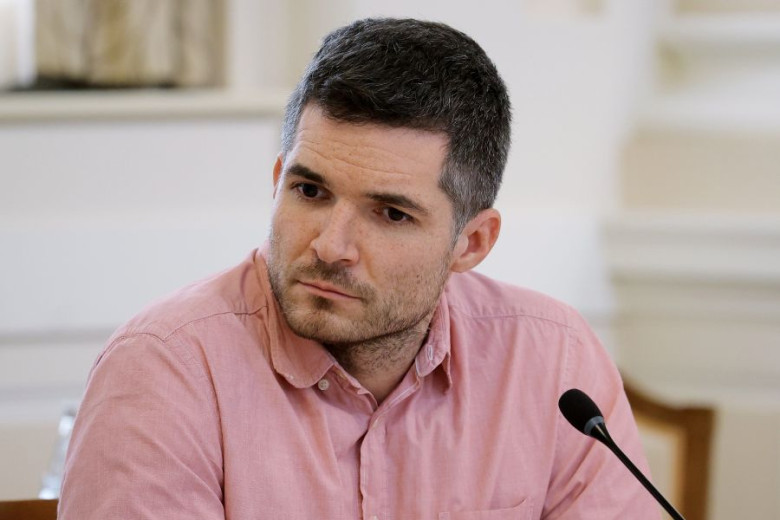 Dr Žiga Zaplotnik is also a member of the Climate Council, an advisory body to the Slovene government. Photo: Daniel Novakovič/STA
Dr Žiga Zaplotnik is also a member of the Climate Council, an advisory body to the Slovene government. Photo: Daniel Novakovič/STA
Dr Lučka Kajfež Bogataj, climatologist and co-recipient of the 2007 Nobel Peace Prize, is one of the Slovenian pioneers in researching the impact of climate change and an important voice in raising public awareness of its consequences.
Meteorologist Dr Žiga Zaplotnik, a researcher at the European Centre for Medium-Range Weather Forecasts, is also actively warning about the impacts of climate change and participating in the development of advanced computer models for understanding and predicting weather and climate patterns.
Dr Matjaž Ličer, physicist and oceanographer, researches the impact of climate change on the seas and marine ecosystems. Together with numerous foreign scientists he is involved in international projects seeking solutions to the consequences of global warming.
Biologist Dr Miha Krofel importantly contributes to understanding the increasingly fragile balance between nature and humans. The focus of his work is on the study of large carnivores and resolving conflicts between predators and humans. Among other things, he is a member of the Life Lynx project, which saved the lynx in the Dinaric Alps and the southeastern Alps area from extinction. Before the project was launched, there were 20 adult lynxes in Slovenia; today their population has increased to around 50.
-
 Dr Matjaž Ličer is responsible for operational ocean modeling, coastal flood and sea level forecasting at Slovenian Environment Agency. Photo: Nebojša Tejić/STA
Dr Matjaž Ličer is responsible for operational ocean modeling, coastal flood and sea level forecasting at Slovenian Environment Agency. Photo: Nebojša Tejić/STA
-
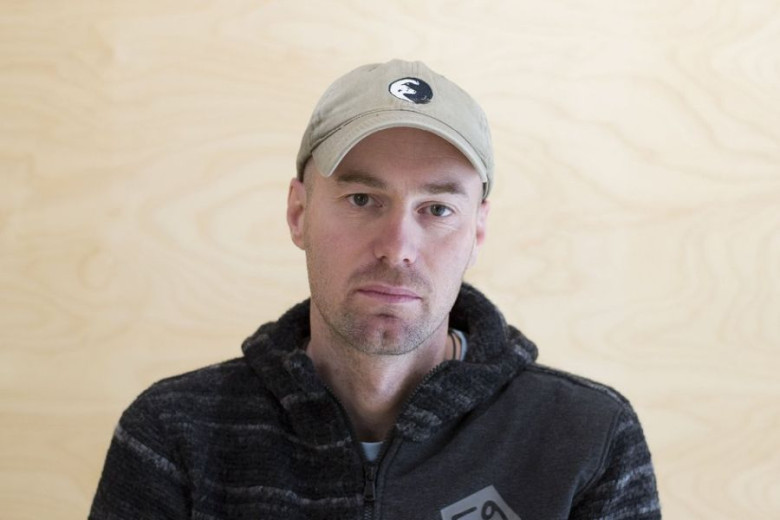 Dr Miha Krofel is a wildlife researcher at the University of Ljubljana, studying large carnivores in Eurasia and Africa, with a focus on lynx, bears, wolves, and big cats. Photo: Biotechnical Faculty
Dr Miha Krofel is a wildlife researcher at the University of Ljubljana, studying large carnivores in Eurasia and Africa, with a focus on lynx, bears, wolves, and big cats. Photo: Biotechnical Faculty
Medicine and biotechnology
One the most prominent names in the field of biotechnology is Dr Roman Jerala, a top scientist in the field of synthetic biology and leader of two ERC (European Research Council) projects supporting scientific excellence. His protein research opens avenues for the development of advanced medicines.
Dr Marinka Žitnik, who runs her own laboratory at Harvard University, has also left an important mark in the international environment, where she develops artificial intelligence models for diagnosing patients with rare diseases and developing new drugs.
-
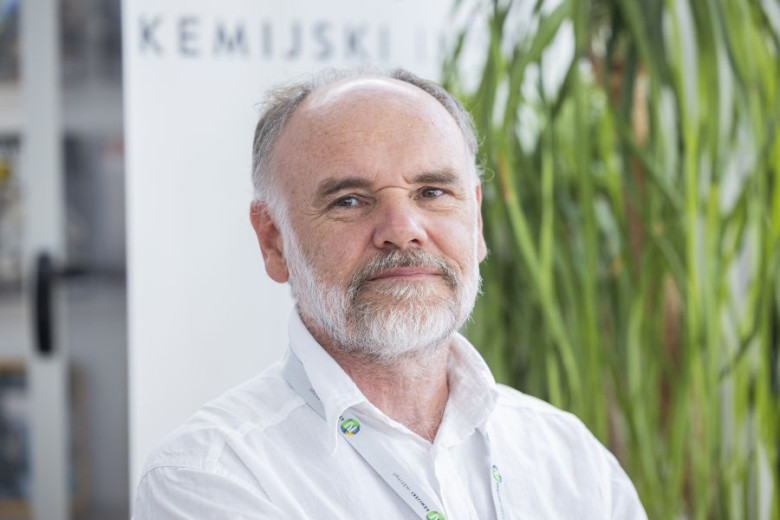 At the National Institute of Chemistry in Ljubljana, dr Roman Jerala studies how to design and program proteins to create new structures and develop innovative treatments for diseases. Photo: Bor Slana/STA
At the National Institute of Chemistry in Ljubljana, dr Roman Jerala studies how to design and program proteins to create new structures and develop innovative treatments for diseases. Photo: Bor Slana/STA
-
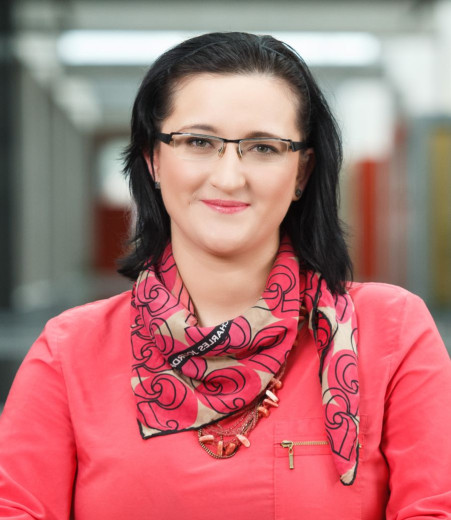 Dr Marinka Žitnik is a computer scientist studying applied machine learning with a focus on the challenges posed by data in science, medicine, and health. Photo: ASEF
Dr Marinka Žitnik is a computer scientist studying applied machine learning with a focus on the challenges posed by data in science, medicine, and health. Photo: ASEF
Artificial intelligence
Slovenia also boasts a long tradition of artificial intelligence research. Dr Ivan Bratko, who established an Artificial Intelligence Laboratory back in 1985, is considered one of the pioneers of machine learning in Europe.
Dr Jure Leskovec, professor at Stanford University, is one of the most prominent researchers of machine learning about data for large interconnected systems.
Space
Slovenia also plays an important role in space exploration. The work of the pioneers of space exploration is continued by Dr Andreja Gomboc, an astrophysicist who researches black holes and collaborates with the European Space Agency.
Dr Maruša Bradač, who studies galaxies, is part of the scientific team that participated in the design of the James Webb Telescope, which allows researchers to gain insight into the oldest galaxies.
-
 Dr Andreja Gomboc was part of the team that, using the European Space Agency's Gaia satellite, discovered the most massive stellar black hole in our galaxy to date. Photo: Bor Slana/STA
Dr Andreja Gomboc was part of the team that, using the European Space Agency's Gaia satellite, discovered the most massive stellar black hole in our galaxy to date. Photo: Bor Slana/STA
-
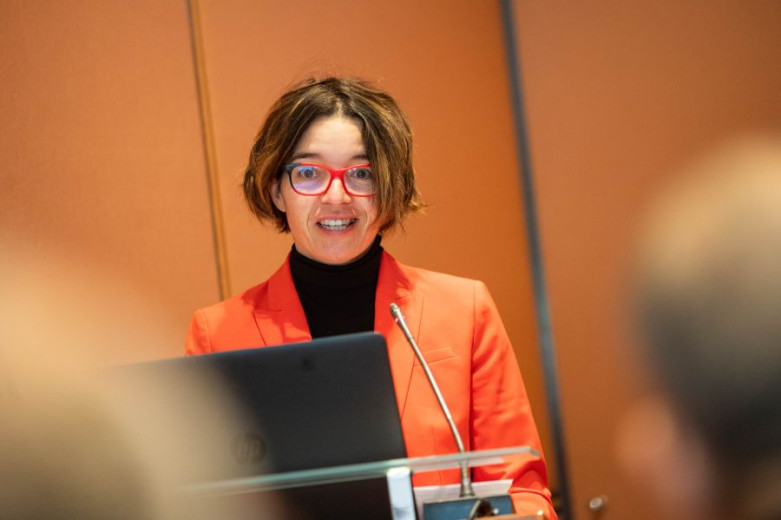 Dr Maruša Bradač is among the few scientists worldwide granted early access to James Webb Telescope data to study the first galaxies. Photo: Boštjan Podlogar/STA
Dr Maruša Bradač is among the few scientists worldwide granted early access to James Webb Telescope data to study the first galaxies. Photo: Boštjan Podlogar/STA
Humanities and social sciences
Slovenian science stands out not only in natural sciences, but also in humanities and social sciences. Dr Slavoj Žižek is one of the most prominent philosophers and cultural theorists in the world.
With her committed work in the field of law and human rights, lawyer Dr Alenka Šelih has contributed to creating a more just society.
Dr Kozma Ahačič is one of the most prominent contemporary Slovenian linguists, who is responsible for the development and preservation of the Slovenian language in the modern world. He plays a key role in preserving Slovenian linguistic identity.
Many of the aforementioned scientists are also Zois Award recipient, the highest national award for scientific excellence. Yesterday, this year's Zois and Puh Awards ceremony took place in Cankarjev dom cultural and congress centre to celebrate once again the exceptional scientific achievements of Slovenian researchers.
-
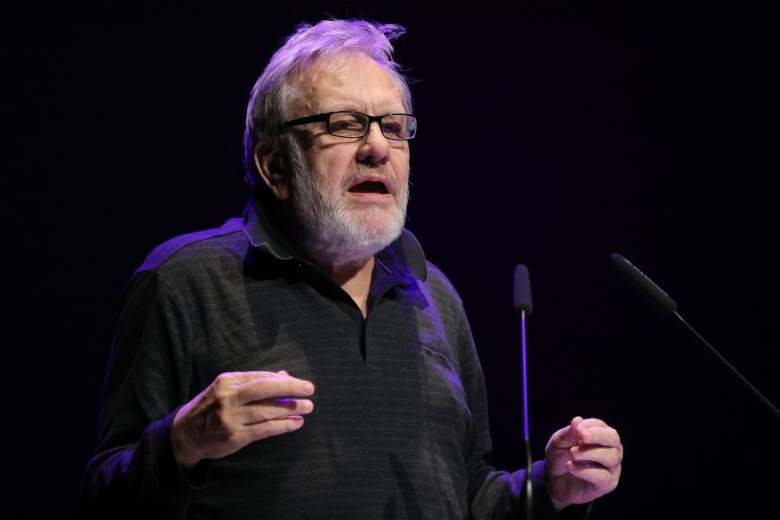 Dr Slavoj Žižek’s lectures attract global audiences, from academic circles to major cultural festivals. Photo: Daniel Novakovič/STA
Dr Slavoj Žižek’s lectures attract global audiences, from academic circles to major cultural festivals. Photo: Daniel Novakovič/STA
-
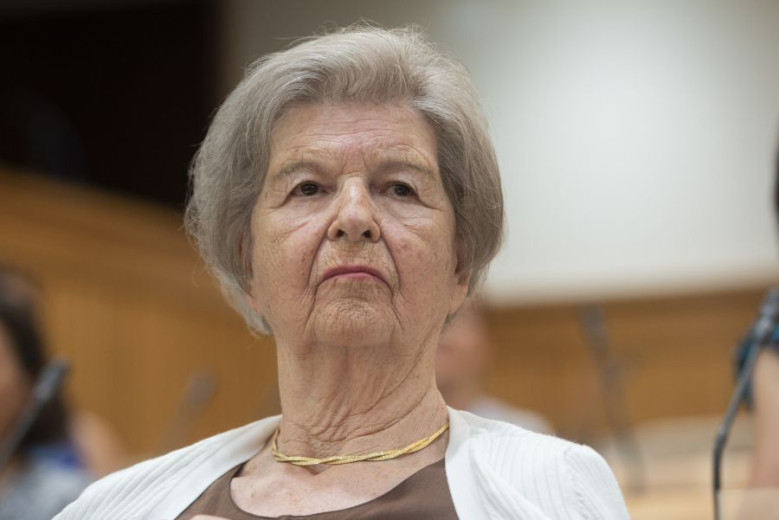 Dr Alenka Šelih's research focuses on the intersection of law, democracy, and social justice. Photo: Bor Slana/STA
Dr Alenka Šelih's research focuses on the intersection of law, democracy, and social justice. Photo: Bor Slana/STA
-
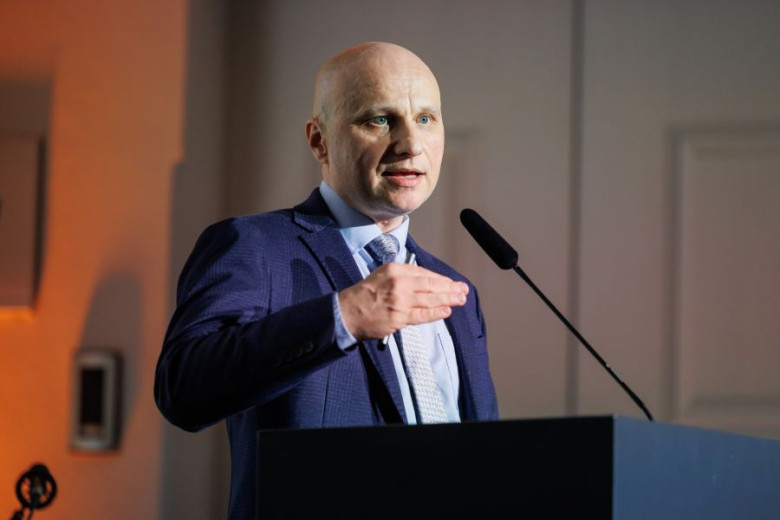 Dr Kozma Ahačič is the initiator and editor of the online portals Fran, which provides access to all major Slovenian language dictionaries, and Slovenske slovnice in pravopisi (Slovenian Grammars and Orthographies). Photo: Nebojša Tejić/STA
Dr Kozma Ahačič is the initiator and editor of the online portals Fran, which provides access to all major Slovenian language dictionaries, and Slovenske slovnice in pravopisi (Slovenian Grammars and Orthographies). Photo: Nebojša Tejić/STA
Record investment in science
Knowledge is crucial for the development of society and the country, which is why the government is allocating record funds to science, research and innovation, more precisely, EUR 647 million in 2025 alone. Science is not only the engine of progress, it is the foundation of our future. Owing to researchers, Slovenia can reach for the stars.
Cover photo: UKOM



